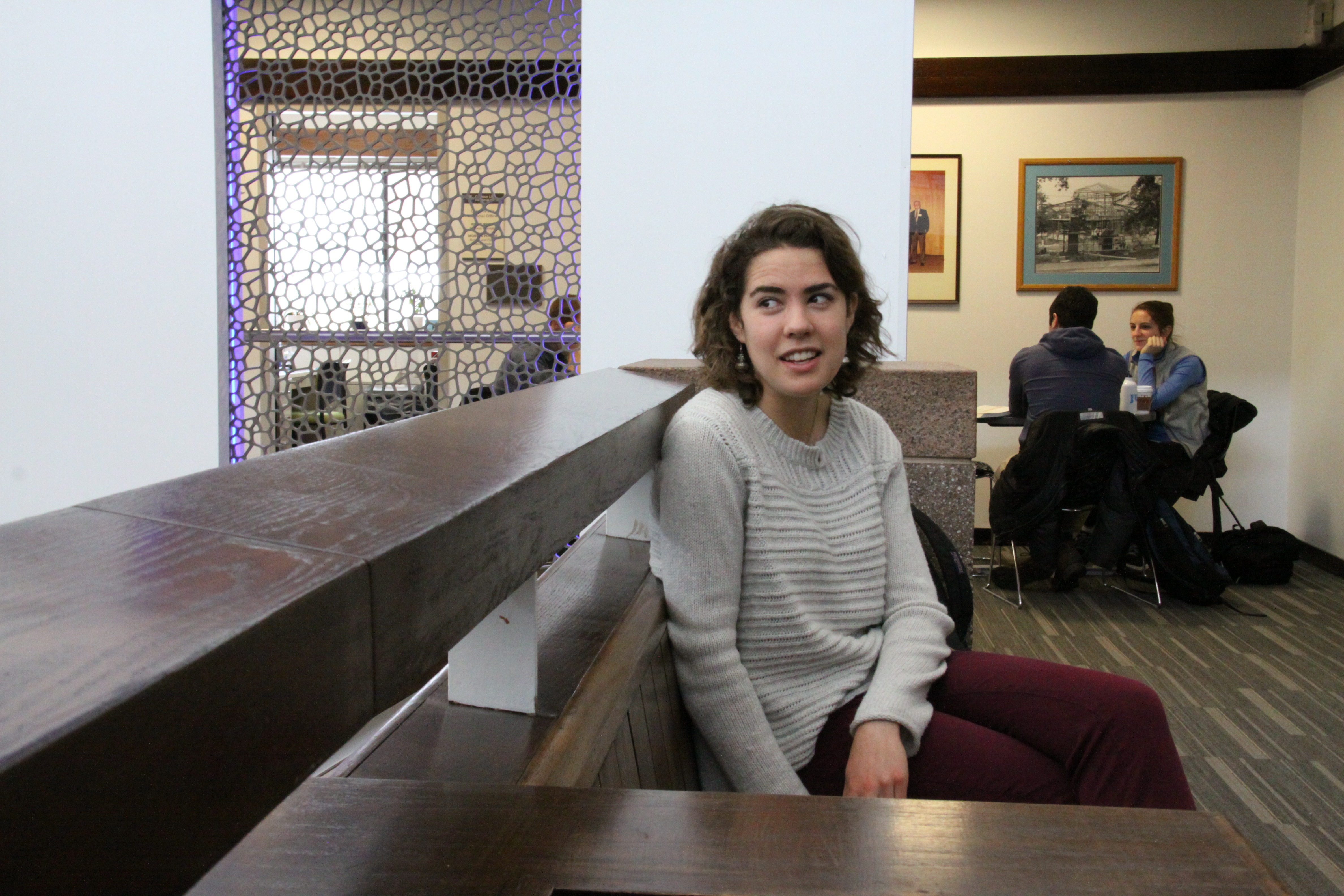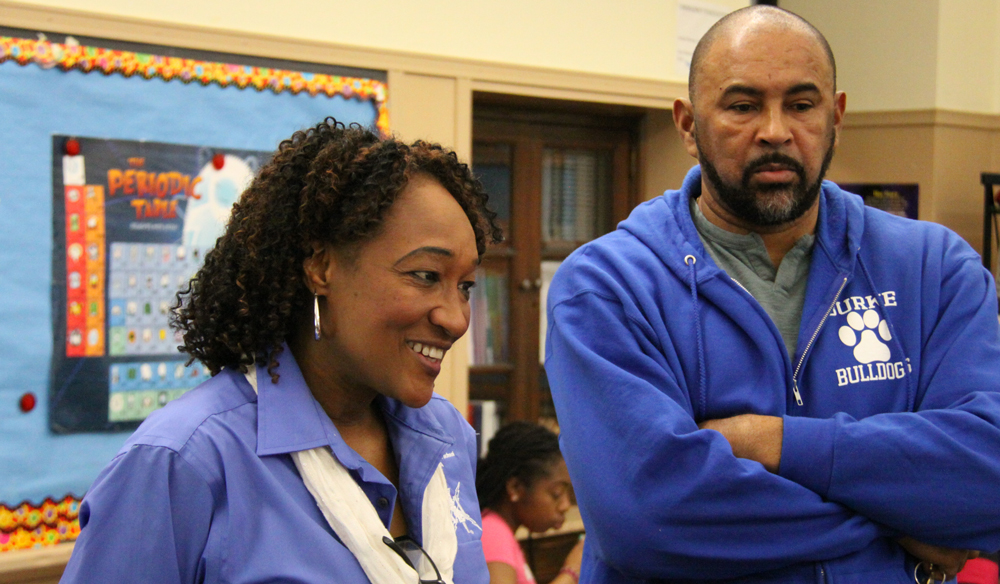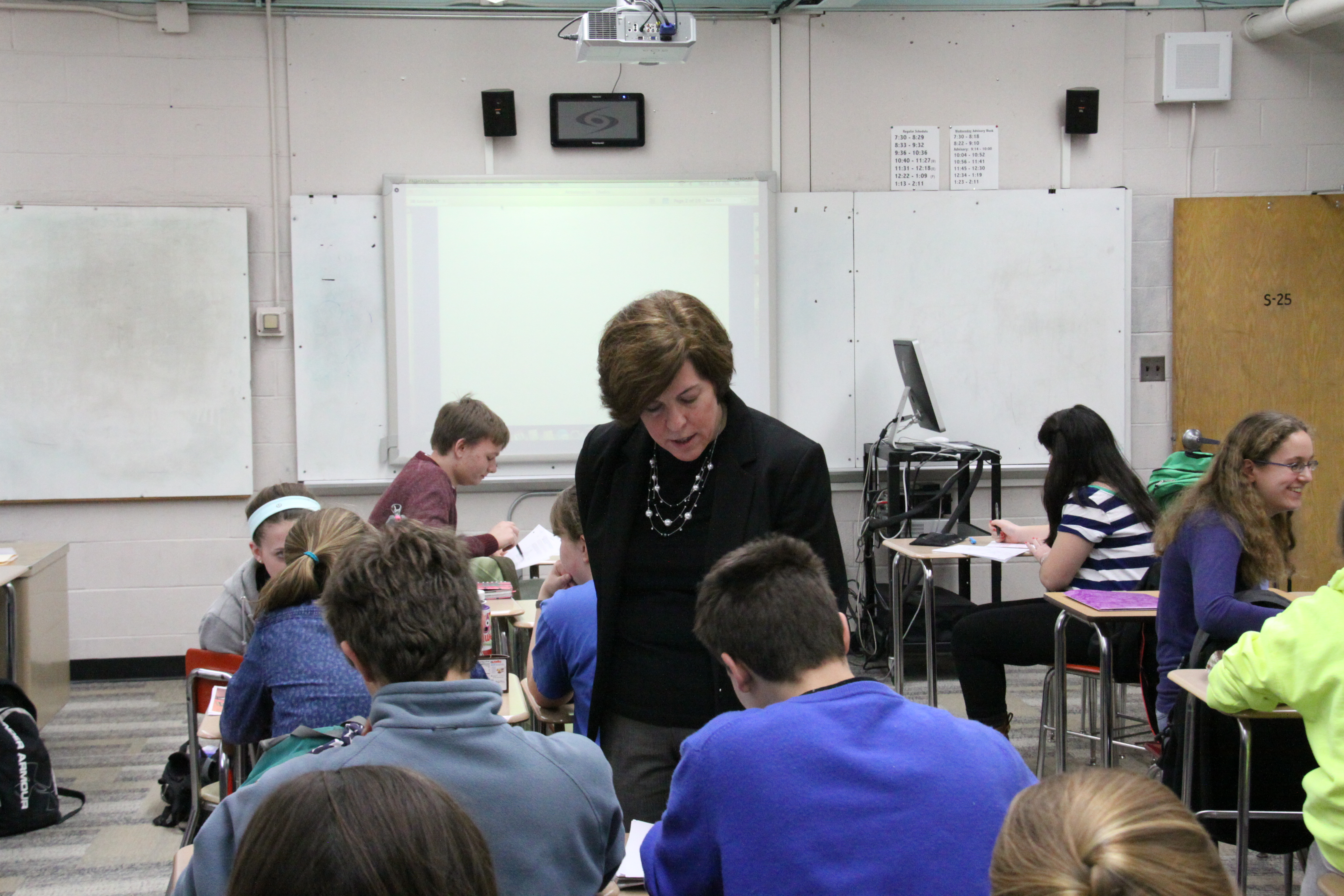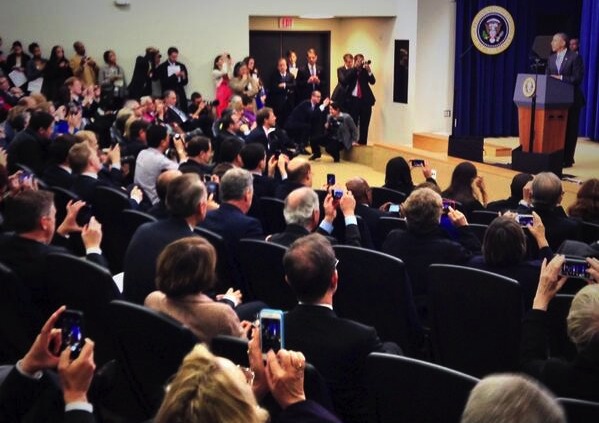higher ed

Not too long ago, American students were required to study civics and geography – courses intended to make them better citizens of the world. In recent years, books like The World Is Flat pointed out the need for global awareness.
As part of WGBH’s ongoing look at the role of higher education in this country and the world, we will be asking big thinkers to assess the state of America’s global competitiveness. WGBH’s Kirk Carapezza recently traveled to New York City to talk with Richard Haass, the president of the Council on Foreign Relations.
 Massachusetts is one of 45 states — and the District of Columbia — that have adopted new education standards that set out what students from kindergarten through 12th grade should know in English and math. The standards, supporters say, will lift schools like Boston's Jeremiah Burke High School out of their academic slumps, increasing the number of students who are ready for college and careers.
Massachusetts is one of 45 states — and the District of Columbia — that have adopted new education standards that set out what students from kindergarten through 12th grade should know in English and math. The standards, supporters say, will lift schools like Boston's Jeremiah Burke High School out of their academic slumps, increasing the number of students who are ready for college and careers.

 What is the status of America’s promise of an equal shot at education for all – for descendants of slaves as well as first-generation immigrants? Where does the pressure to get into and through college come from?
What is the status of America’s promise of an equal shot at education for all – for descendants of slaves as well as first-generation immigrants? Where does the pressure to get into and through college come from?
A new provocative documentary film explores these and other questions by following two middle-class African-American boys from the time they enter kindergarten in one of the country’s most elite private schools through high school graduation.
Liberal arts majors earn more than professional majors during that time in their lives when they make the most money per year. That’s according to a new report out Wednesday from the Association of American Colleges and Universities whose findings, educators say, fly in the face of today’s popular perception.













